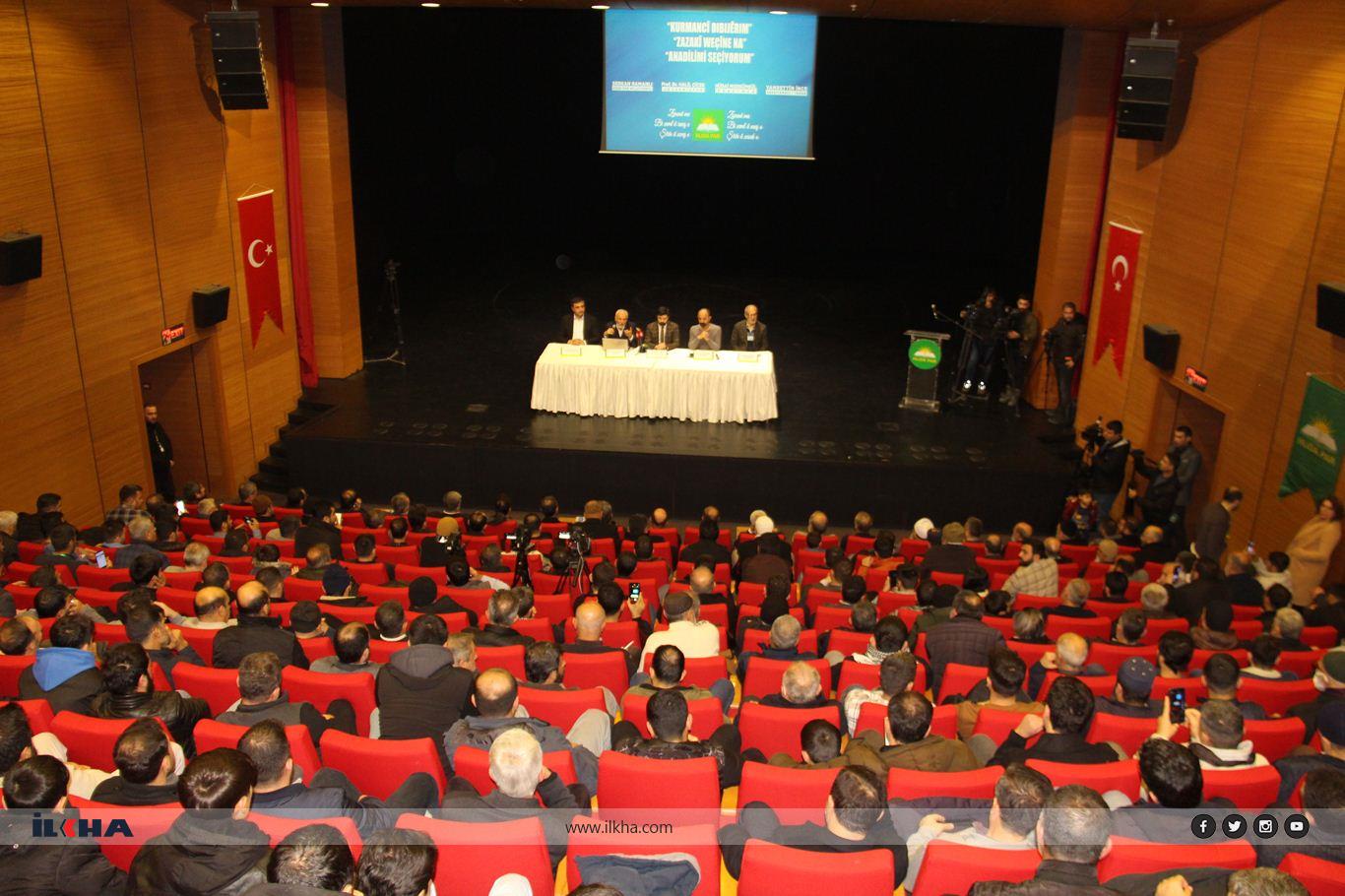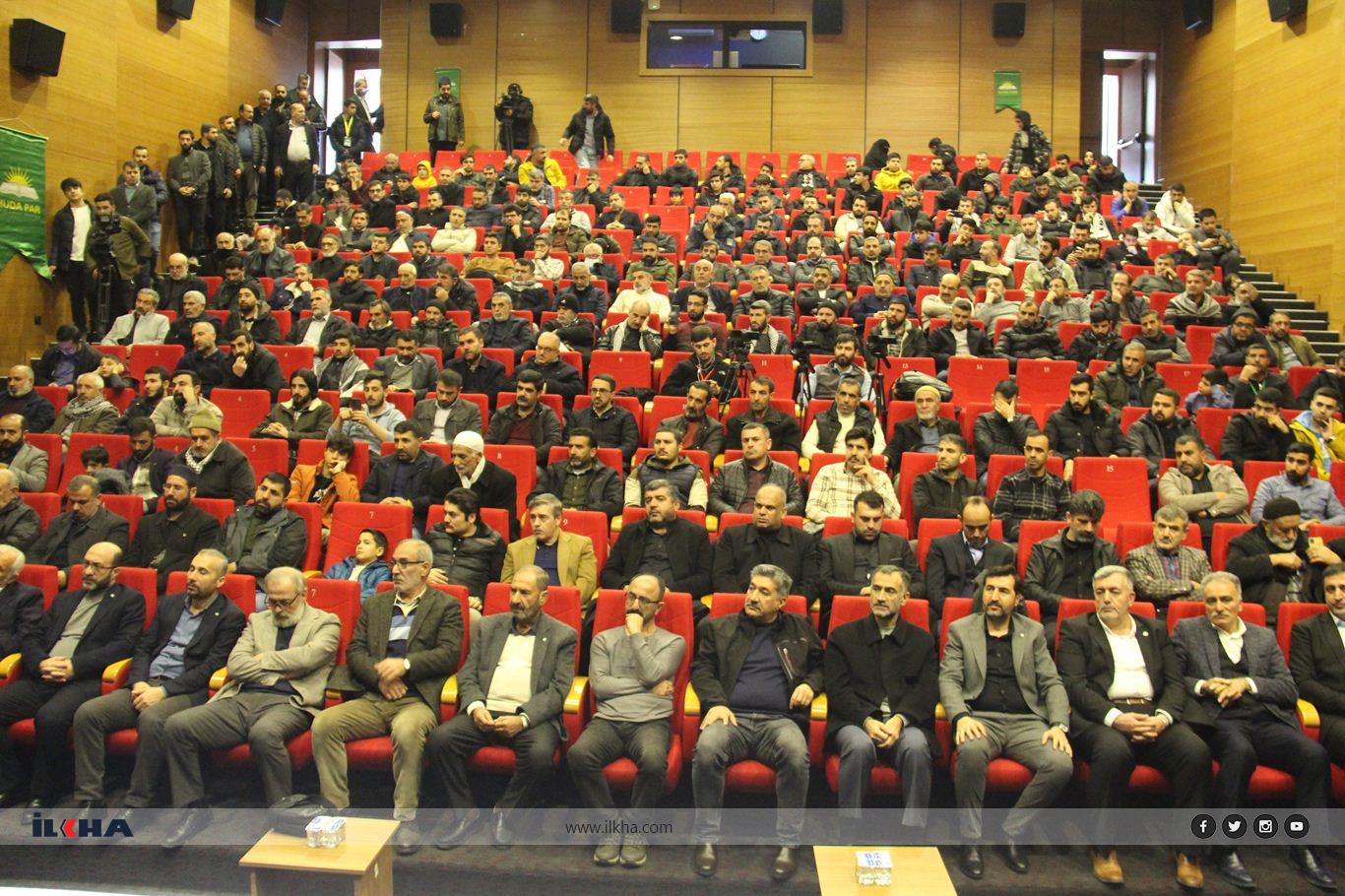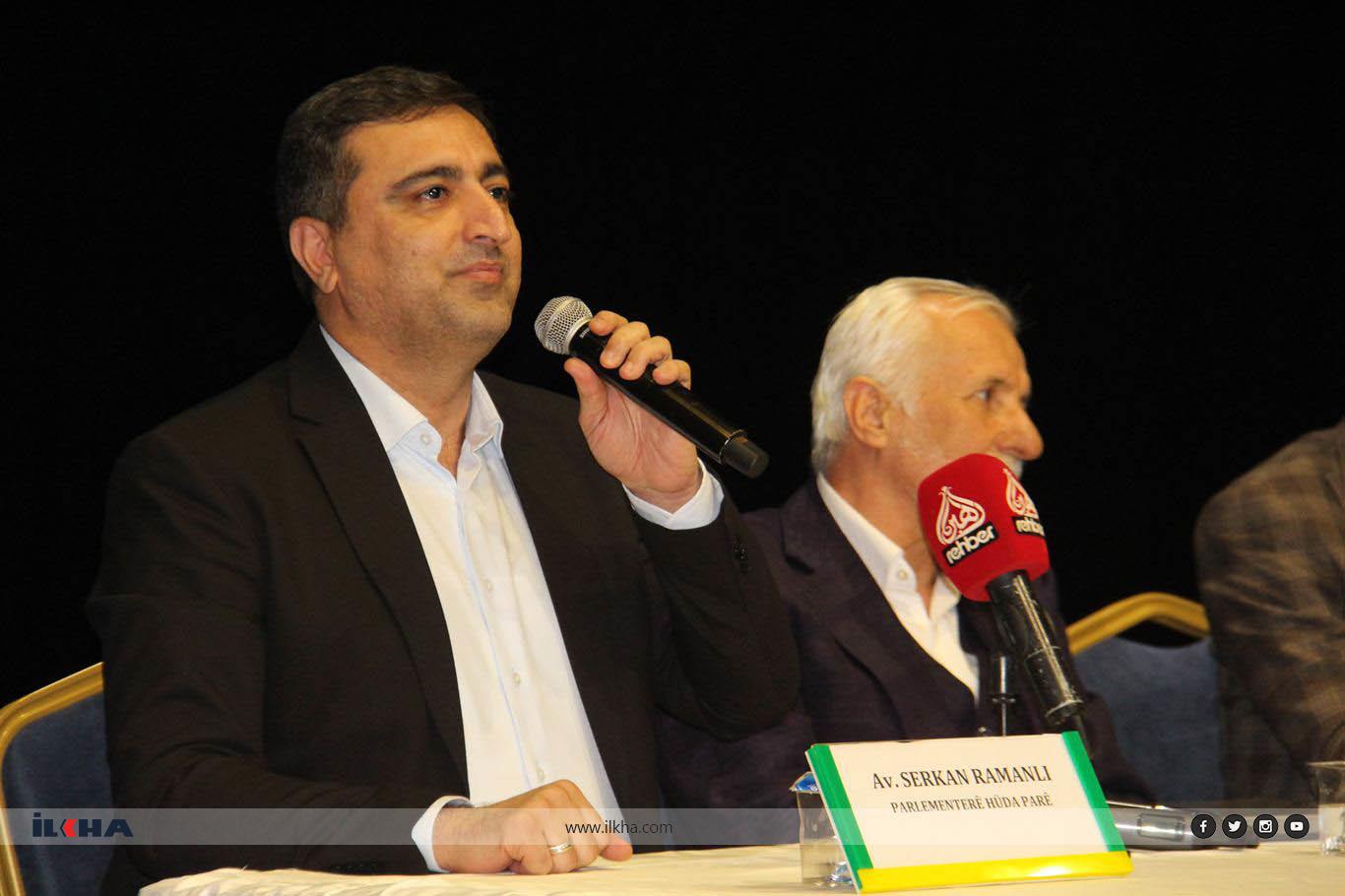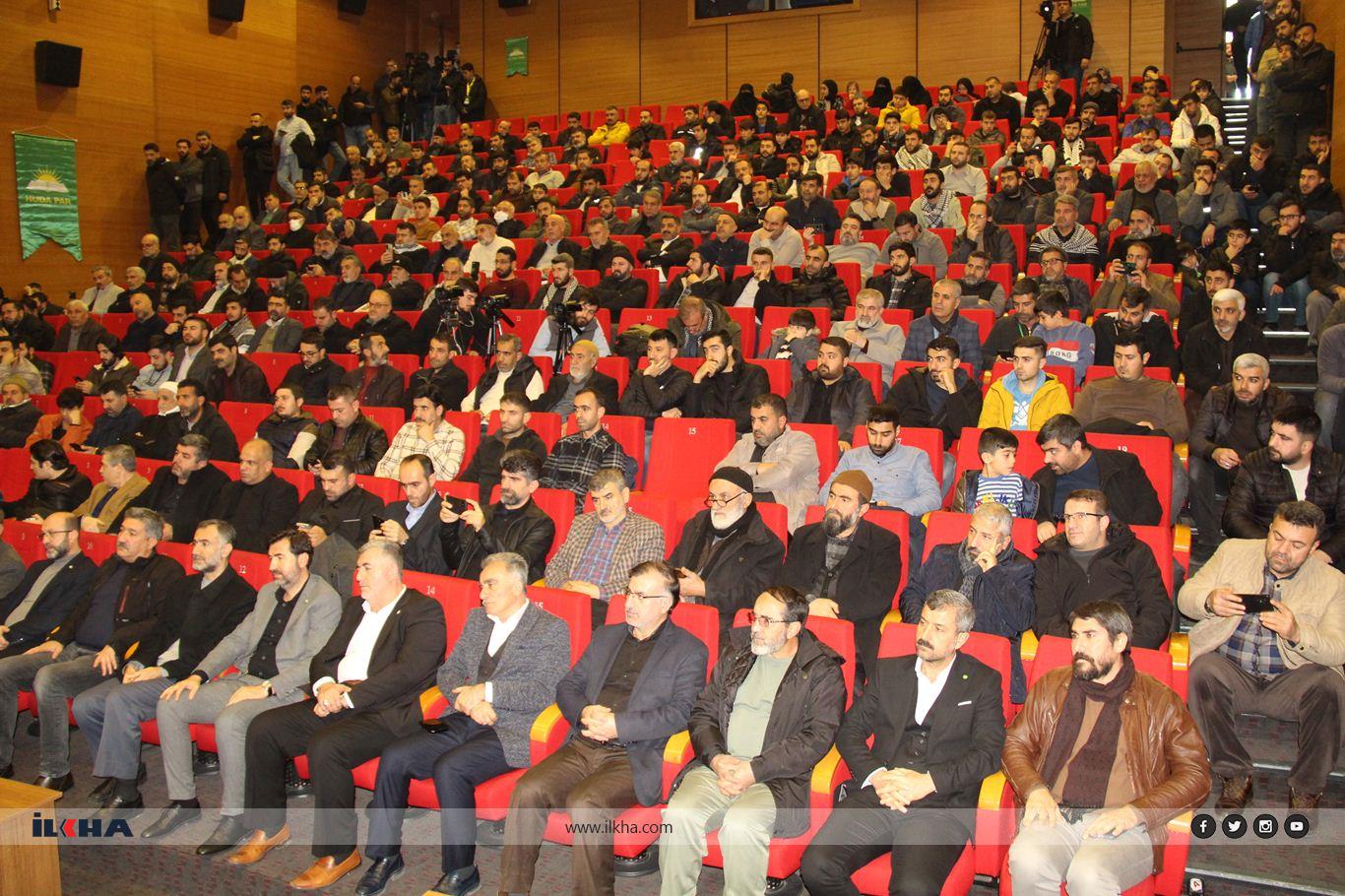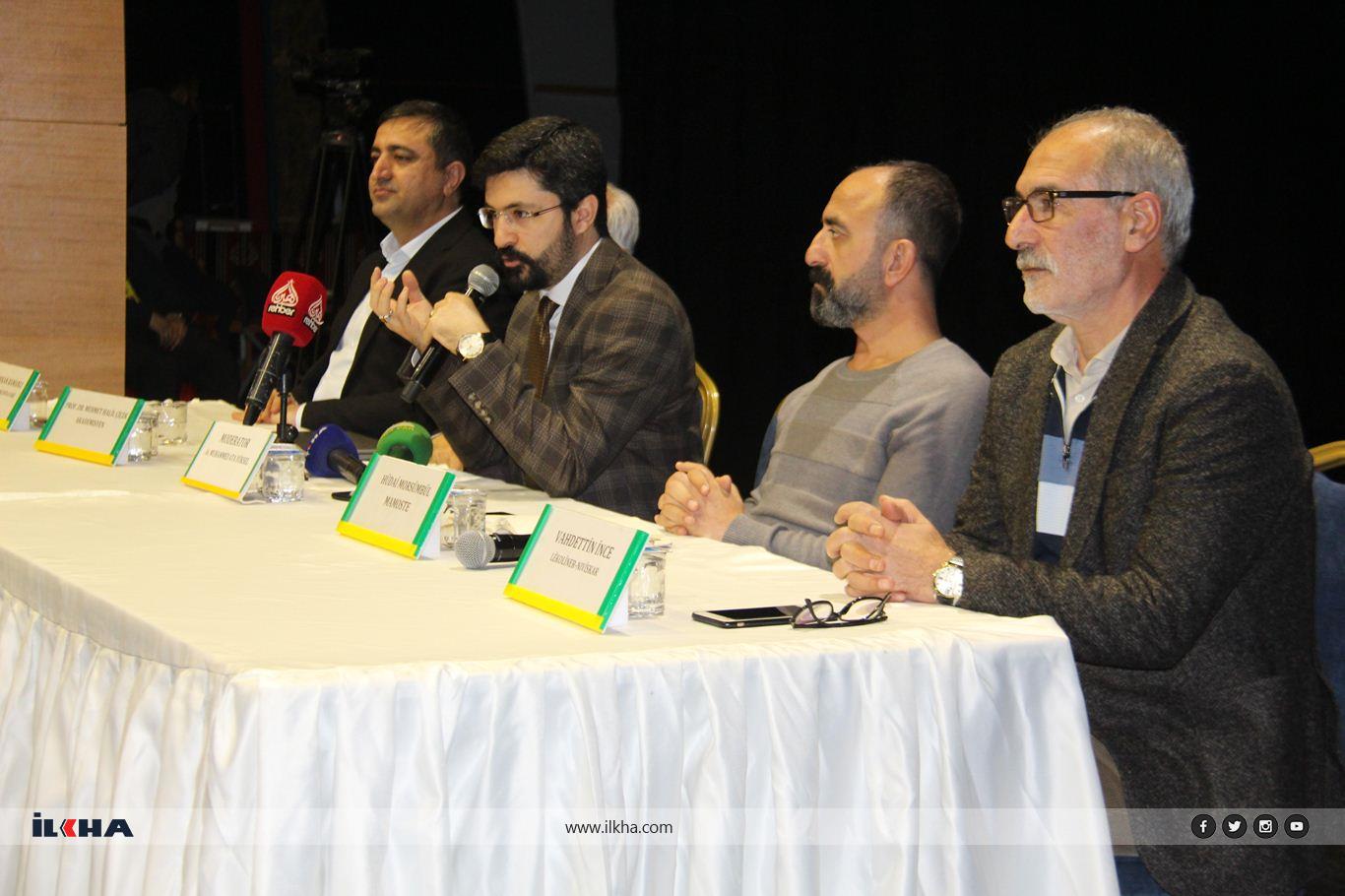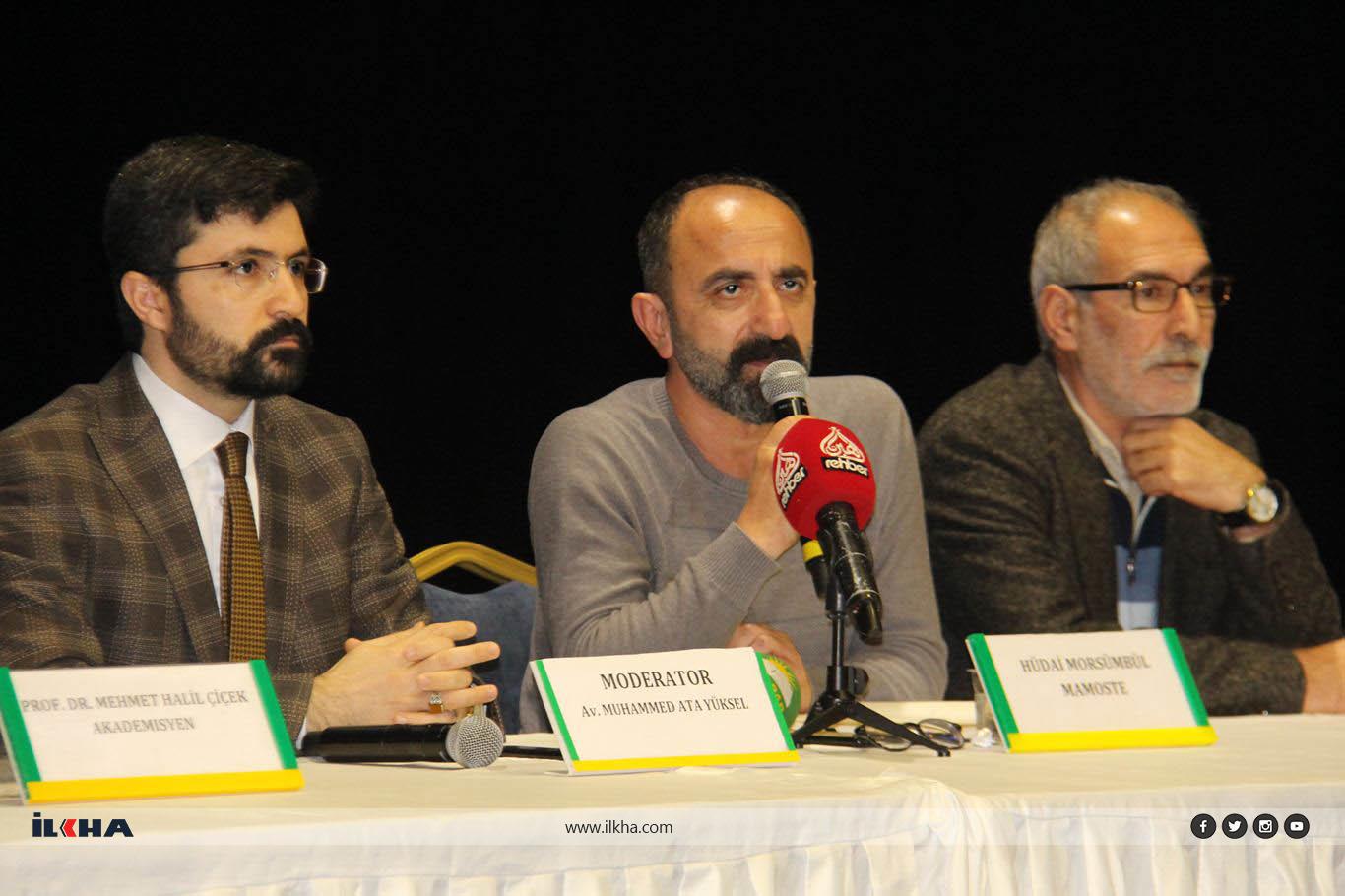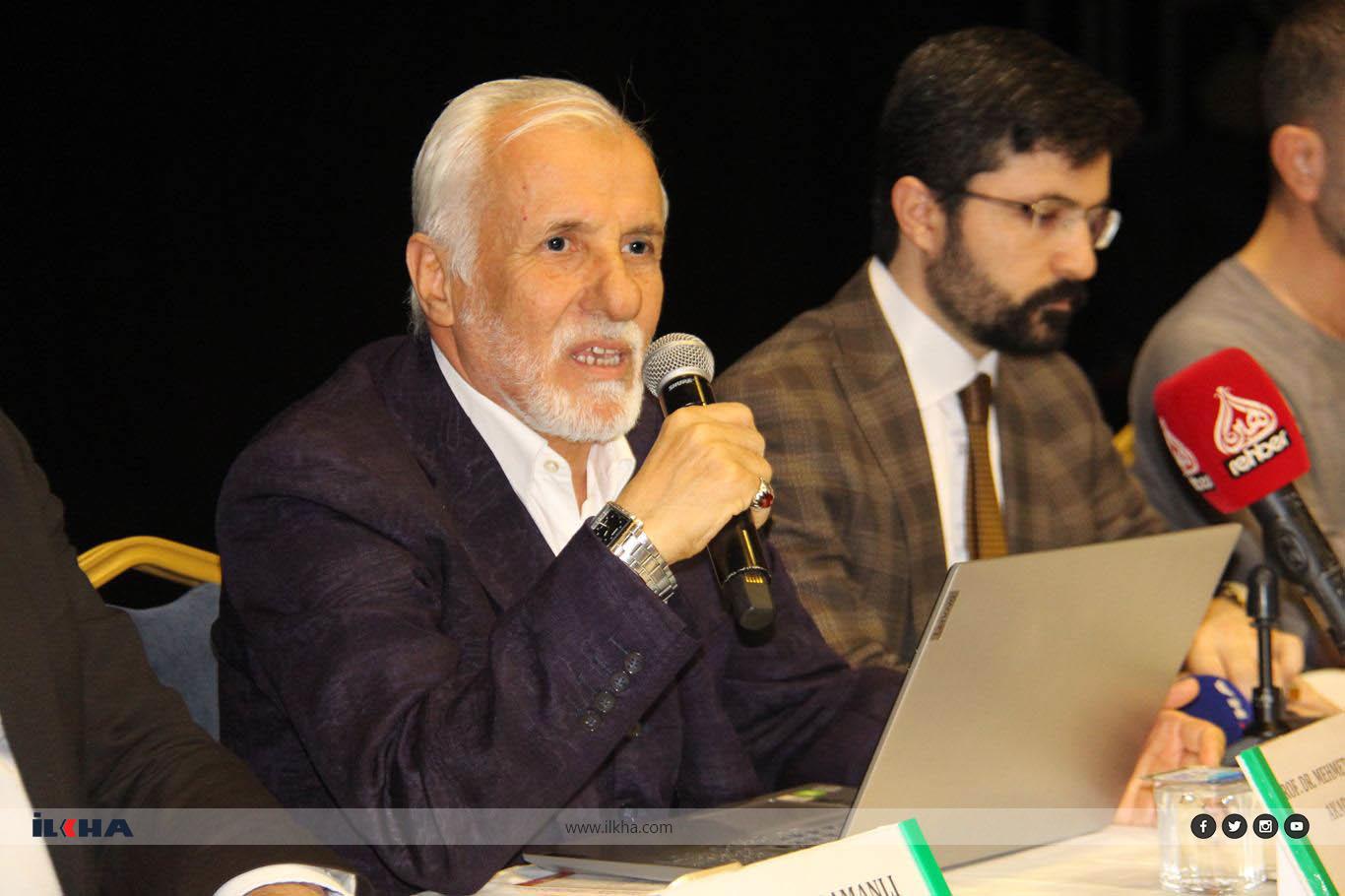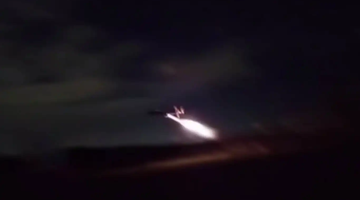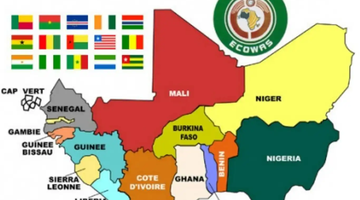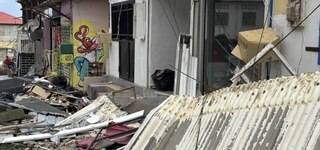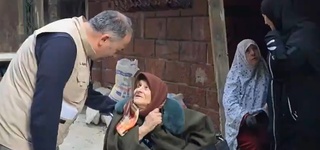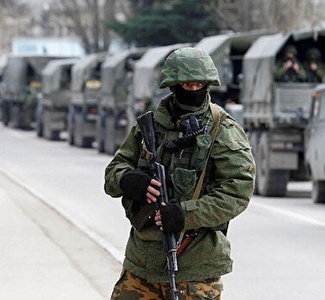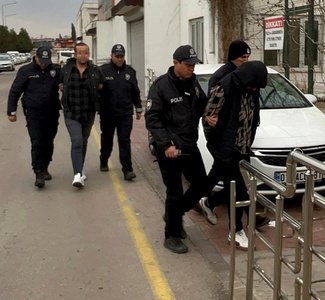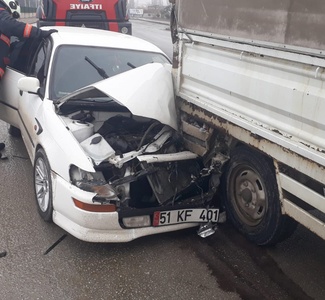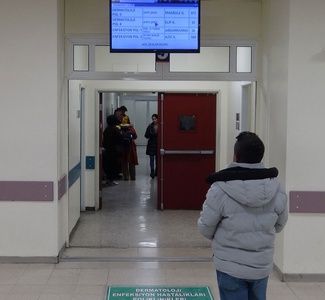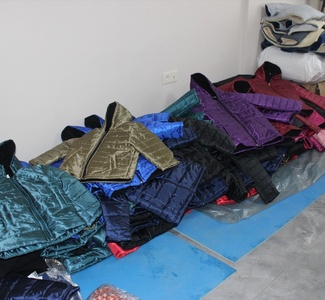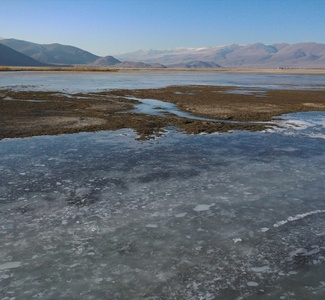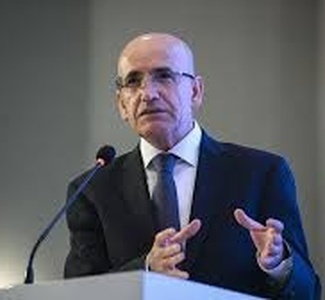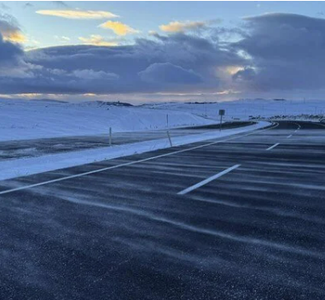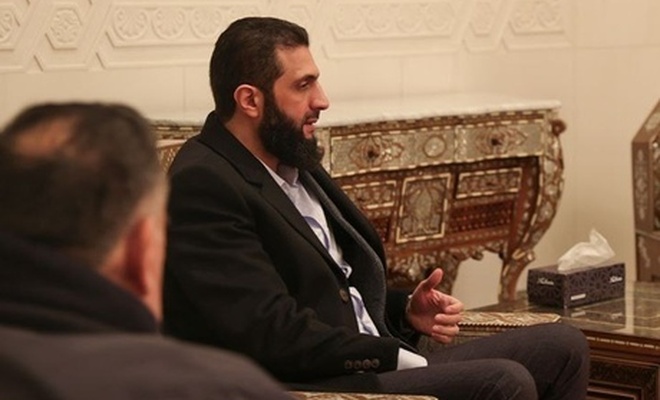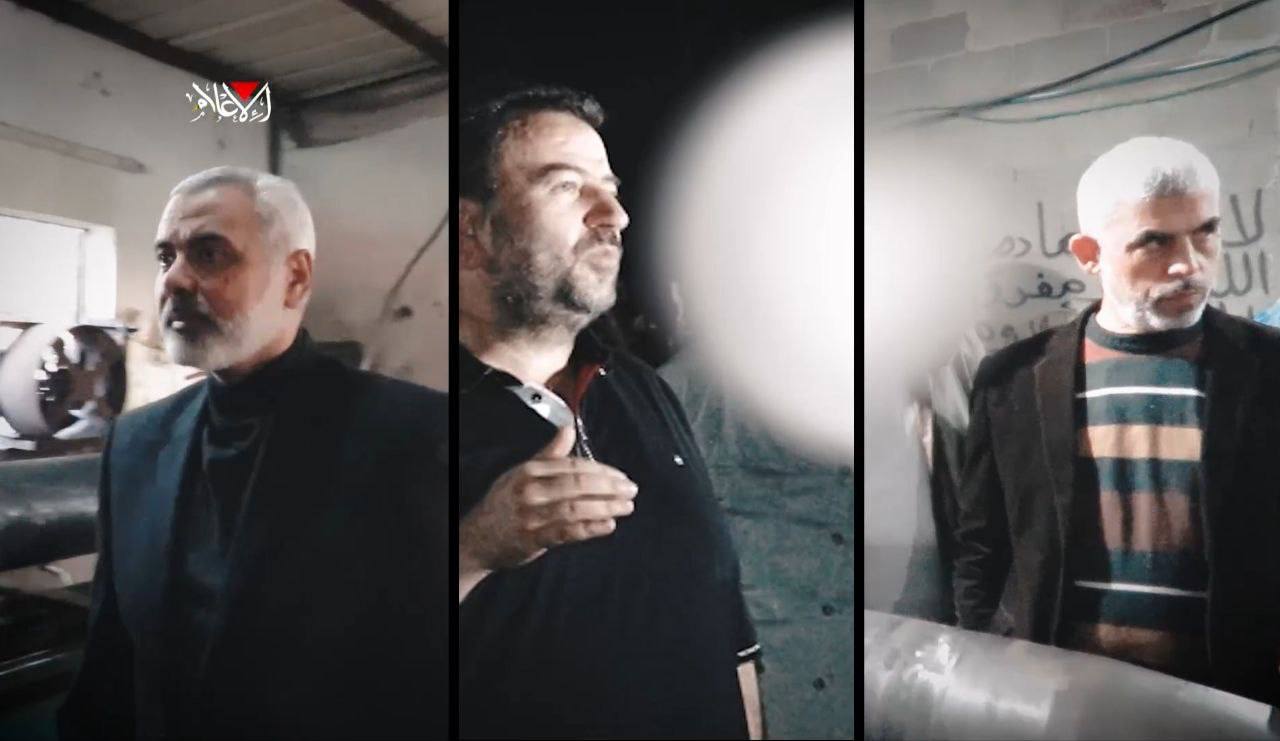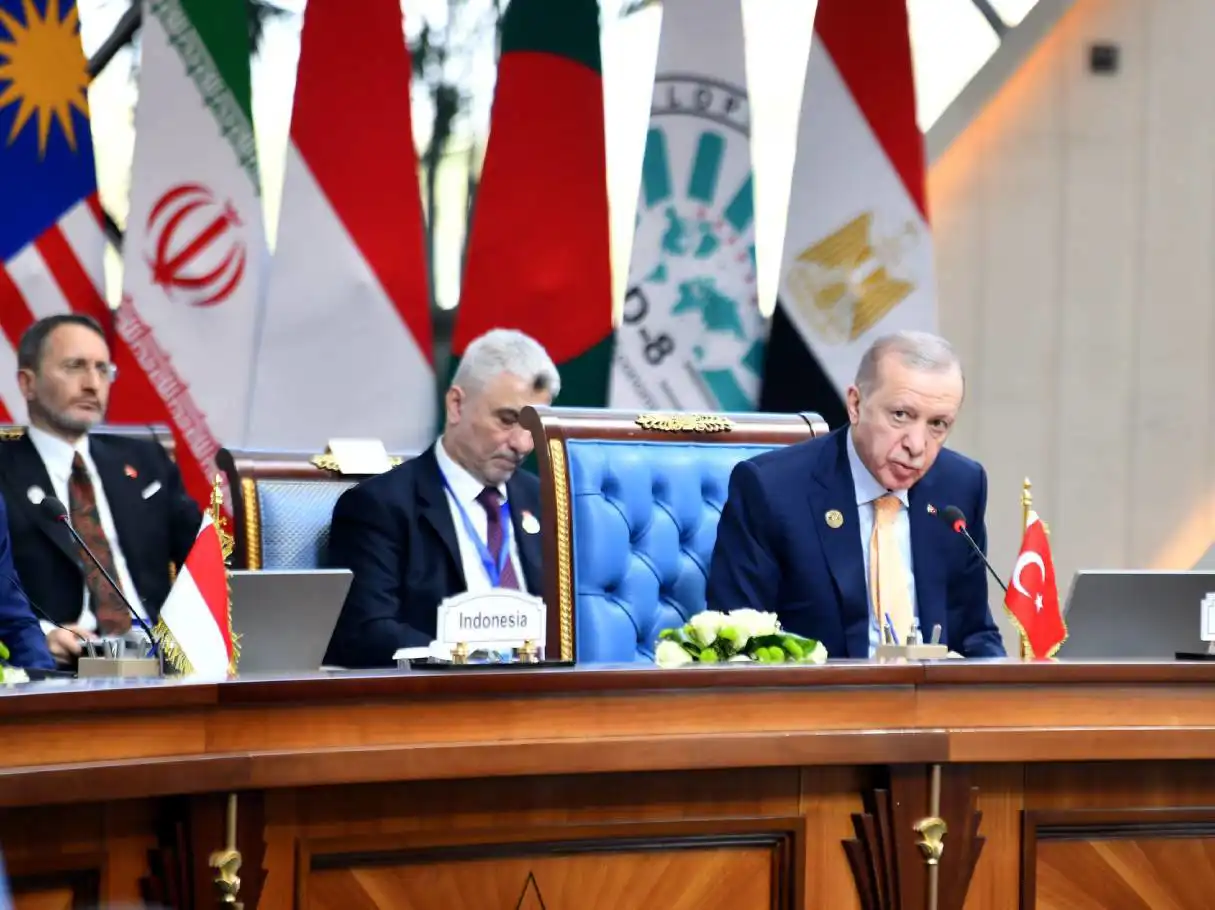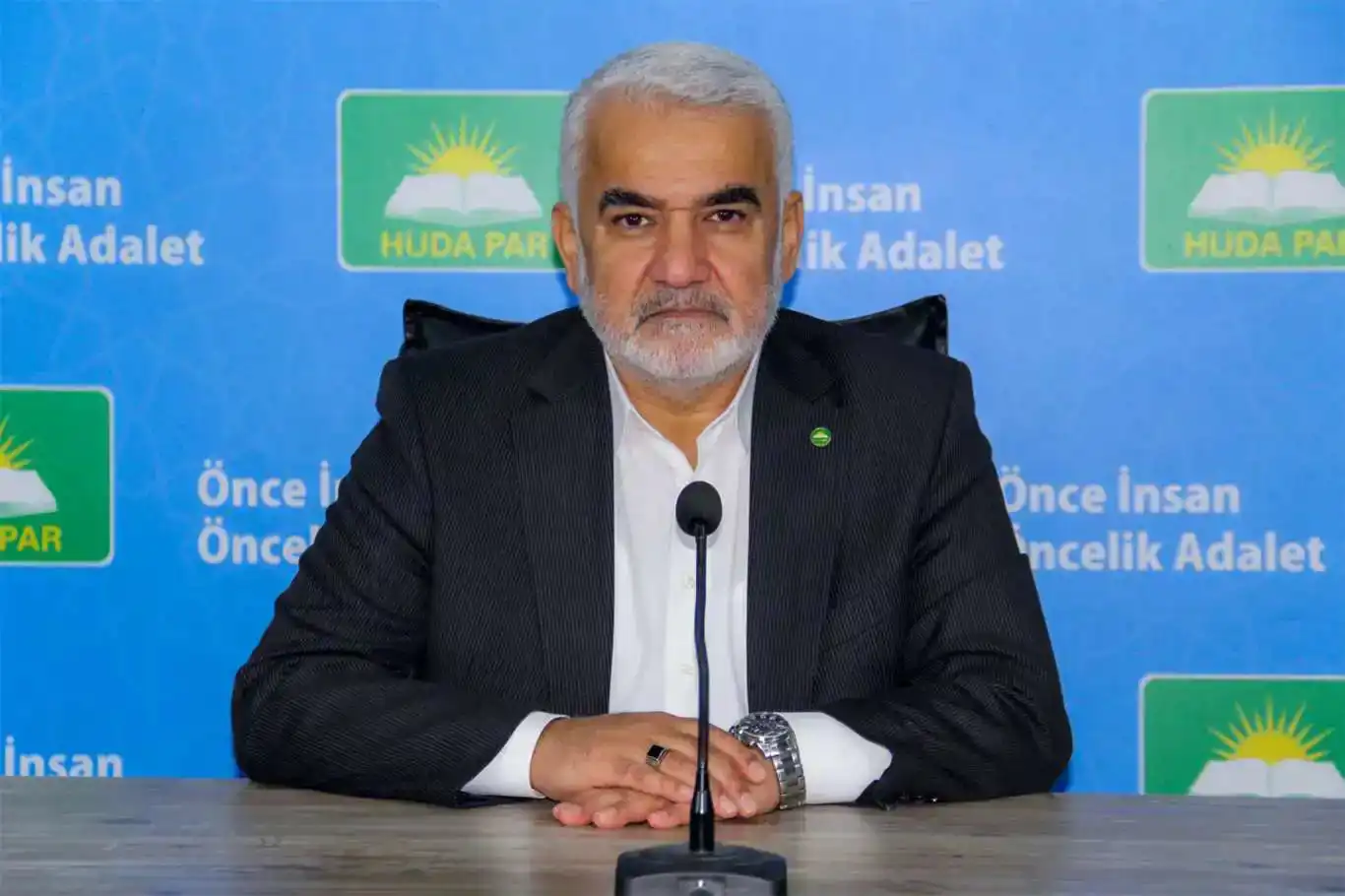HÜDA PAR hosts "I Choose My Mother Tongue" panel to promote elective mother tongue courses
HÜDA PAR orchestrated a panel named "I Choose My Mother Tongue" in Diyarbakır, aiming to spotlight elective mother tongue courses and advocate for the safeguarding of the Kurdish and Zazaki languages.
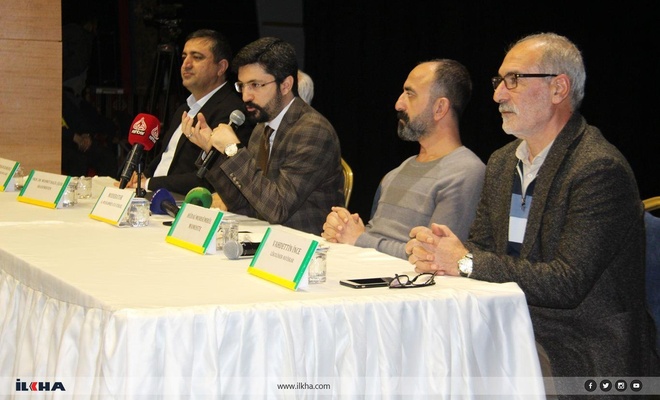
 Google News'te Doğruhaber'e abone olun.
Google News'te Doğruhaber'e abone olun. The panel emphasized the cultural and historical significance of Kurdish and Zazaki languages, arguing that they are integral to Kurdish and Zazaki identity.
The speakers condemned the suppression of minority languages, pointing out that diversity in language and culture is cherished in Islam.
The panel, held at the Sezai Karakoç Culture and Congress Center in Diyarbakır's Yenişehir district, featured distinguished speakers, including HÜDA PAR MP Serkan Ramanlı, Prof. Dr. Halil Çiçek, Researcher-Writer Vahdettin İnce, and Educator Hüdai Morsümbül.
The discussions, moderated by lawyer Muhammed Ata Yüksel, provided a platform for a multifaceted exploration of the intrinsic value of the Kurdish language.
Prof. Dr. Halil Çiçek opened the discussion by highlighting the central role of language in the existence of a nation. Referring to the Qur'anic verse that emphasizes the diversity of languages and colors as an integral part of the creation of heaven and earth, Çiçek emphasized the sacredness of language in the eyes of Allah. He passionately argued that injustice against any language is tantamount to grave wrongdoing and urged all individuals to stand up against such injustice.
MP Serkan Ramanlı took the stage to address the gradual erosion of the Kurdish language in the region and the urgent need for its protection. Ramanlı sounded the alarm about the assimilation occurring in the streets of Diyarbakır, where Kurdish and Zazaki languages are on the verge of extinction. He poignantly asserted that language stands as a guarantor of identity and future, and its neglect threatens to erase cultural heritage. Ramanlı called on the Kurdish community to rally in defense of their language, stressing that the community's strength lies in preserving its linguistic and cultural legacy.
The panel also delved into the historical significance of madrasahs and Kurdish scholars in contributing to the development of the Kurdish language. The scholars underscored how the infusion of Islamic principles into the language had played a pivotal role in shaping its trajectory and conferring upon it a unique cultural and spiritual identity.
Researcher and author Vahdettin İnce shifted the focus to the perilous consequences of losing a language, asserting that the soul of a language is at risk when it detaches from the customs, traditions, and Sharia sent down by Allah. He articulated concerns about the secularization and irreligious influences on the Kurdish language, stressing the need for a concerted effort to purify it from these detrimental impacts.
In their collective address, the speakers encouraged the audience to embrace their language and culture as indispensable components of their collective identity. The imperative of preserving the Kurdish language emerged as a recurring theme throughout the panel, emphasizing its pivotal role in shaping the community's future.
The discussion further explored the ongoing efforts to introduce elective mother tongue courses in schools. MP Ramanlı highlighted the significance of this educational opportunity and urged parents and students to actively participate during the preference period. The call to action resonated as an essential step toward revitalizing and safeguarding the Kurdish language.
As the panel concluded, Educator Hüdai Morsümbül delivered a presentation in Zazaki, underscoring the diverse linguistic landscape that enriches the cultural tapestry of the region.
The event's overarching goal was to kindle a renewed sense of pride and awareness about the Kurdish language, laying the foundation for a community-driven initiative to preserve and celebrate linguistic diversity. (ILKHA)
